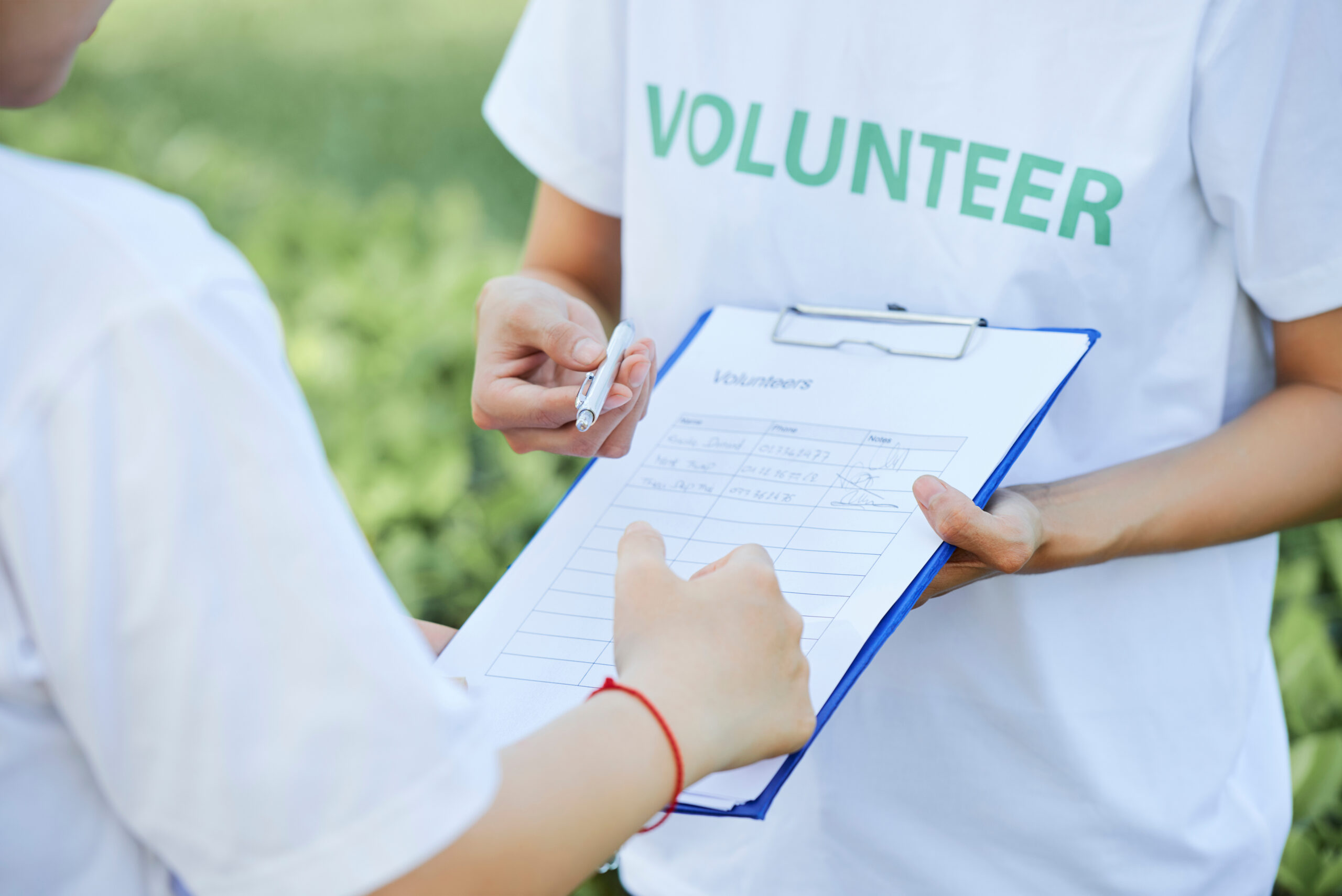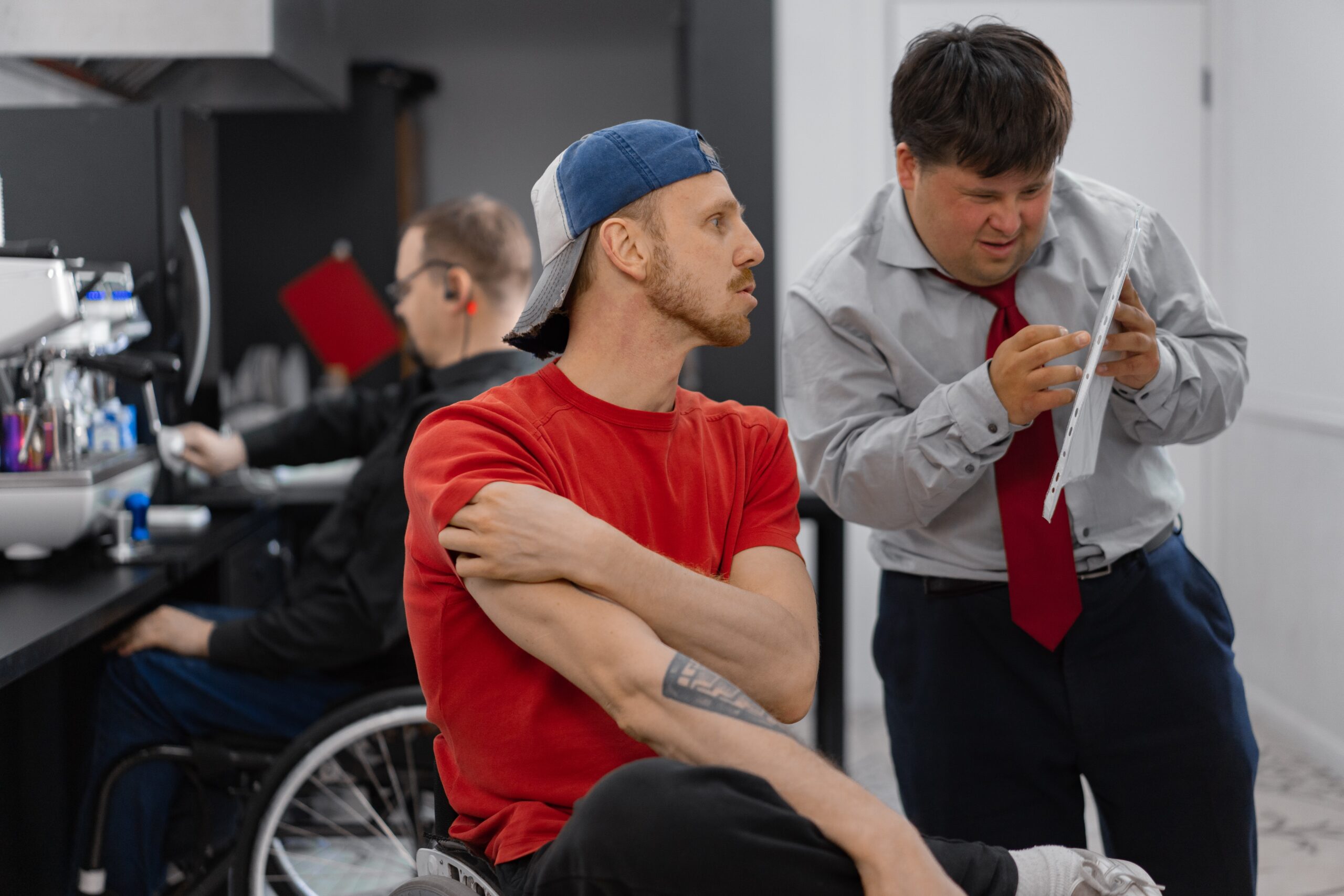Applying to volunteer
Paperwork and all that other fun stuff!


Sometimes, when you apply to volunteer you don’t always hear back from the organisation. This can be for many reasons. BUT, it is not because they don’t want you!
Just because you are offering to help out for free, it doesn’t mean that you are guaranteed a volunteering role.
Some of the reasons an organisation doesn’t reply, or you aren’t chosen to volunteer include:
- They are too busy to get back to every applicant. They might have part time staff or volunteers who do the volunteer recruiting, and they simply don’t have enough time. Although this shouldn’t be an excuse, it often is the case, especially if people have very heavy workloads or the organisation is run only by volunteers.
- They might have more people applying, than they have roles
- Some places only recruit volunteers in groups, a few times a year, so they might only contact you when they are ready to do this.

If you don’t hear back from a place you’ve applied to volunteer, you can always follow up. It shows you are interested and ready to volunteer. Each organisation is different, but usually they will contact you, by email or phone to discuss the role. They may ask you to come in for an informal interview or chat at their office or invite you to have a look around or do a trial shift to see if the place and role is right for you. Some of the questions they might ask are:
-
- Why would you like to volunteer here?
- How often would you like to volunteer?
- What skills would you like to share with us?
- Have you got any previous experience in a role like this?

Depending on the organisation, they may also ask about the support needed to volunteer. There may be specific questions about disability. If the person you are supporting feels comfortable to disclose their disability (or gives you permission to do so) you can. Unless there are safety or health concerns e.g., epilepsy or other health condition that may occur while volunteering, you don’t necessarily need to say anything. If the person you are supporting may need adjustments to volunteer e.g., shorter shifts, having an option to sit while doing a task, an option to do the role in a quieter space, and you feel comfortable asking – please do this. You or the person you are supporting may communicate something like:
“Am I able to do this role while sitting down?”
“Is it possible to do this role in a quieter room?”
“I like the sound of this volunteer role, I can do all the tasks but might take a bit longer to get used to the customer service part, can I add this after I’ve volunteered for a while?”
“Is it possible to start with one part of the role and then others once I get used to it?”

In a lot of cases, it doesn’t matter if you don’t have experience. However, some volunteer roles might ask that you have some skills already. For instance, for an administration role, they will want you to know how to use a computer already.
If the person you are supporting will require someone to be with them when they first start and/or during every shift, it’s important to mention this when you first apply. In some cases, the support person will also need to register as a volunteer in the same way (checks etc). Every organisation will have different policies around this.
If you would like to read more about disclosing a disability check out this report here.
